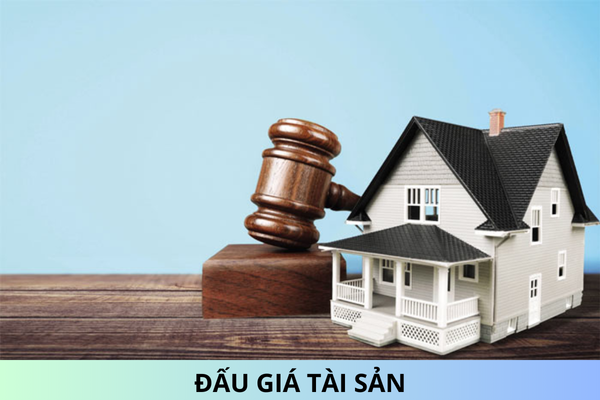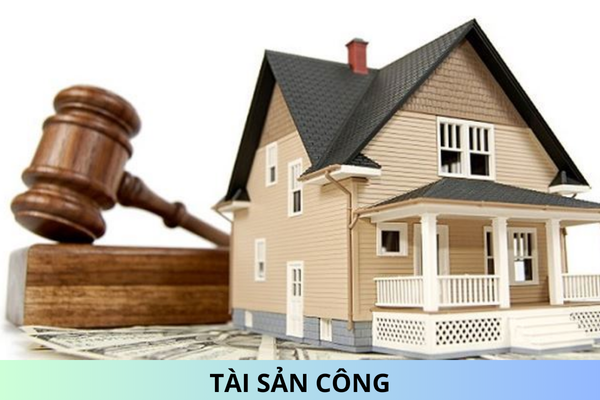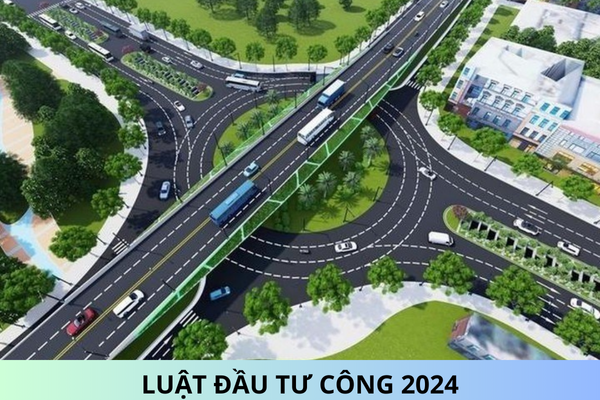Framework Program for Training and Professional Development in Valuation? What Requirements Must the Faculty Members Participating in the Valuation Professional Training Meet?
Training Program Framework, Appraiser Training
Training and Professional Development Program Framework for Appraisal
How is the training and professional development framework for appraisal defined?- The training and professional development framework for appraisers should be designed to ensure comprehensive knowledge of valuation principles, statutory regulations, and standards applicable to appraisal work.
Requirements for the Faculty Participating in Appraisal Training
What are the requirements for the faculty involved in appraisal training?- Faculty members participating in appraisal training must meet specific qualifications and expertise, which include:- Holding relevant advanced degrees in fields related to finance, real estate, and valuation.- Possessing practical experience in appraisal work, with a demonstrated track record of successful valuation exercises.- Being knowledgeable about national and international valuation standards and best practices.
Training and Refresher Program Framework on Valuation?
Based on Appendix 5 issued together with Circular 39/2024/TT-BTC regulating the training and refresher program framework on valuation as follows:
[1] Module on Applicable Laws in the Field of Valuation
- Valuation Laws: common regulations on valuation; regulations for valuers; regulations for valuation enterprises; state valuation; price database; price inspection...
- Other laws applicable in the field of valuation:
+ Laws on assets and asset rights
+ Land laws
+ Enterprise laws
+ Real estate business laws, contracts, taxes, dispute resolution, bankruptcy.
[2] Module on Market Price Formation Principles and Basic Principles of Valuation
- Principles of market price formation:
+ Economic nature of the price category in the market economy
+ Market price formation and influencing factors
+ Relationship between production cost and product price
+ Production costs;
+ Product price;
+ Differentiating production cost from product price.
- Basic principles of valuation:
+ Concept of valuation; characteristics of valuation activities; valuation subjects; the purpose and role of valuation in the market economy;
+ Value basis of valuation;
+ Applied mathematics in valuation;
+ Scope of valuation work;
+ Valuation report, valuation certificate, valuation dossier;
+ Approaches and methods of valuation;
+ Introduction to Vietnam Valuation Standards and International Valuation Standards.
- Application in state valuation activities:
+ Valuation report, valuation result notice, valuation dossier;
+ Notes on applying approaches and methods of valuation for state valuation activities.
[3] Module on Enterprise Financial Analysis
- Overview of enterprise financial analysis
- Database for enterprise financial analysis
- Content of enterprise financial analysis
[4] Module on Real Estate Valuation
- Overview of real estate and the real estate market; factors affecting real estate prices.
- Real estate valuation
- Specific exercises on approaches and methods of real estate valuation.
[5] Module on Movable Property Valuation 1 (Valuation of Machines and Equipment)
- Overview of machines, equipment, and the market for machines and equipment; factors affecting the price of machines and equipment.
- Valuation of machines and equipment
- Specific exercises on approaches and methods of valuing machines and equipment.
[6] Module on Movable Property Valuation 2 (Valuation of Intangible Assets and Other Movable Property)
- Overview of intangible assets and the intangible assets market; factors affecting the price of intangible assets.
- Valuation of intangible assets
- Specific exercises on approaches and methods of valuing intangible assets.
- Overview of the valuation of other movable properties.
[7] Module on Enterprise Valuation
- Overview of enterprises and enterprise value; factors affecting enterprise value.
- Enterprise valuation
- Enterprise valuation in privatization and divestment at state-owned enterprises in Vietnam
- Specific exercises on approaches and methods of enterprise valuation.

Training and refresher program framework on valuation? What requirements must the faculty participating in valuation training meet? (Image from the Internet)
What requirements must the faculty participating in valuation training meet?
Based on Article 4 of Decree 39/2024/TT-BTC, the following requirements are stipulated for training, refresher, and knowledge updating units:
Requirements for training, refresher, and knowledge updating units
Training, refresher, and knowledge updating units, when organizing training, refresher, and knowledge updating programs, must meet the following requirements:
- They must have faculty participating in training, refresher, and knowledge updating who meet all the following standards:
a) Hold a university degree or postgraduate degree in a field relevant to the teaching subject;
b) Have at least 5 years of work experience directly related to the teaching subject;
c) Have participated in research or teaching related to the teaching subjects at training institutions or have engaged in state management related to valuation or valuation experts, valuers in Vietnam or abroad with adequate expertise and professional reputation suitable for the curriculum specified in this Circular.
...
Thus, the faculty participating in valuation training must meet the following requirements:
- Hold a university degree or postgraduate degree in a field relevant to the teaching subject
- Have at least 5 years of work experience directly related to the teaching subject
- Have participated in research or teaching related to the teaching subjects at training institutions or have engaged in state management related to valuation or valuation experts, valuers in Vietnam or abroad with adequate expertise and professional reputation suitable for the curriculum
How are valuation trainees who do not attend evaluation tests managed?
Based on Article 11 of Circular 39/2024/TT-BTC regulating evaluation tests:
Evaluation tests
- At the end of the valuation training class, the training unit must organize an evaluation test. The content of the tests must reflect the basic knowledge of the subjects in the program:
a) For training classes as specified in points a, b, Clause 2, Article 10 of this Circular, two written tests are required; the test on general knowledge will be 120 minutes, and the test on professional knowledge will be 150 minutes;
b) Students as specified in point d, Clause 2, Article 10 of this Circular must take one written test of 150 minutes for the additional subjects studied.
Scores for the tests will be graded on a scale of 10. Tests scoring below 5 points do not meet the requirement.
Students who attend classes but do not meet at least 80% of the stipulated class time for each subject are not allowed to take the evaluation test for that subject and must retake the missing subjects.
4. In case of maternity, accidents, or illness with a hospital certificate (collectively referred to as special reasons), students who cannot attend the evaluation test must submit an application for test postponement and must be approved by the Head of the training unit.
- Students with tests that do not meet the requirement and students who did not attend the test for special reasons as specified in Clause 4 of this Article are entitled to retake the test once for each test. The Head of the training unit decides the time to organize the retest, but it should not exceed 6 months from the class's end date.
Valuation trainees who do not attend the evaluation tests due to maternity, accidents, or illness with a hospital certificate must submit an application for test postponement and must be approved by the Head of the training unit.










